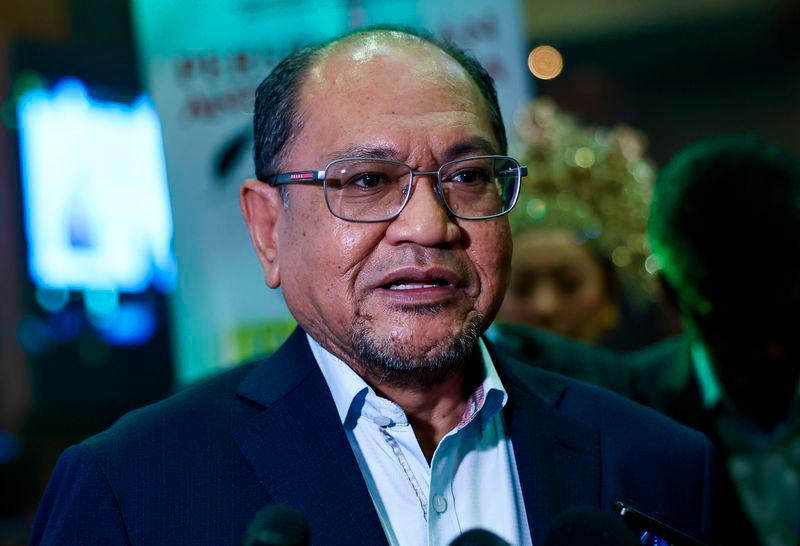MELAKA: The Ministry of National Unity will continue to strengthen efforts to uplift colloquial language or local dialects, particularly in the state of Melaka, to ensure that the language remains alive and relevant within society, especially among the younger generation.
Its secretary-general Datuk Seri Hasnol Zam Zam Ahmad said that this includes supporting efforts by departments and agencies under its purview, such as the National Archives, to trace, collect, and preserve information and historical, cultural, and heritage materials related to the languages and dialects of Melaka.
“History has proven that since the time of the Melaka Sultanate, the Malay language has been the lingua franca throughout the Malay Archipelago, and the cultural exchange that took place in Melaka was one of the main factors contributing to the richness and diversity of language in this state.
“This uniqueness can be observed through the various ethnic groups, such as the Portuguese, Chetti, and Baba-Nyonya, who assimilated with the local community, creating a distinct Melaka culture and language.
“The simple, bold, and humorous speaking style has made the Melaka dialect well-known and loved, and this is what we must preserve so that it can be referred to and appreciated by future generations,“ he said when launching the ‘Bicara Bahasa Kolokial: Melestarikan Keberdayaan Bahasa Komuniti’ programme at Muzium Rakyat, Bandar Hilir here today.
Hasnol Zam Zam added that language could serve as a powerful medium for fostering unity among different races, thereby strengthening the spirit of love for history, culture, and patriotism within the local community and Malaysians in general.
Hence, he said, such programmes are highly significant, as they not only introduce the beauty and uniqueness of local dialects but also ensure that colloquial language is not sidelined and is passed down to future generations.
Meanwhile, 150 participants comprising literary and cultural arts practitioners, language researchers, private agencies, and university students took part in the final leg of the programme.









